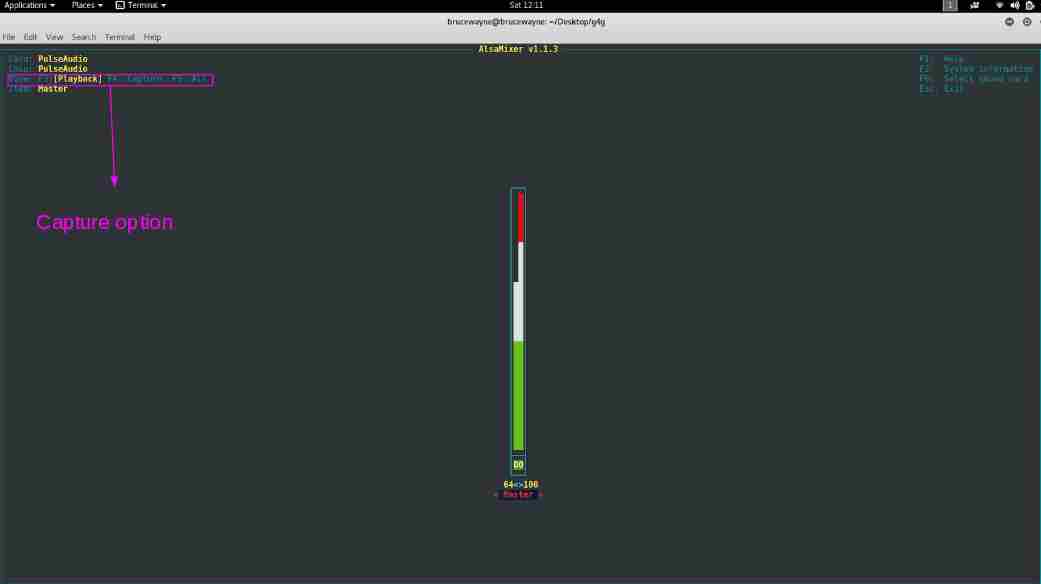clear()方法从字典中删除所有项。
null
语法:
dict.clear()
参数:
The clear() method doesn't take any parameters.
返回:
The clear() method doesn't return any value.
例如:
Input : d = {1: "geeks", 2: "for"}
d.clear()
Output : d = {}
错误:
As we are not passing any parameters there is no chance for any error.
# Python program to demonstrate working of # dictionary clear() text = { 1 : "geeks" , 2 : "for" } text.clear() print ( 'text =' , text) |
输出:
text = {}
把{}赋值给字典有什么不同? 请参考下面的代码以查看差异。当我们将{}分配给字典时,会创建一个新的空字典并将其分配给引用。但是,当我们清除字典引用时,实际的字典内容将被删除,因此所有引用字典的引用都将变为空。
# Python code to demonstrate difference # clear and {}. text1 = { 1 : "geeks" , 2 : "for" } text2 = text1 # Using clear makes both text1 and text2 # empty. text1.clear() print ( 'After removing items using clear()' ) print ( 'text1 =' , text1) print ( 'text2 =' , text2) text1 = { 1 : "one" , 2 : "two" } text2 = text1 # This makes only text1 empty. text1 = {} print ( 'After removing items by assigning {}' ) print ( 'text1 =' , text1) print ( 'text2 =' , text2) |
输出:
After removing items using clear()
text1 = {}
text2 = {}
After removing items by assigning {}
text1 = {}
text2 = {1: 'one', 2: 'two'}
© 版权声明
文章版权归作者所有,未经允许请勿转载。
THE END


![关于”PostgreSQL错误:关系[表]不存在“问题的原因和解决方案-yiteyi-C++库](https://www.yiteyi.com/wp-content/themes/zibll/img/thumbnail.svg)





